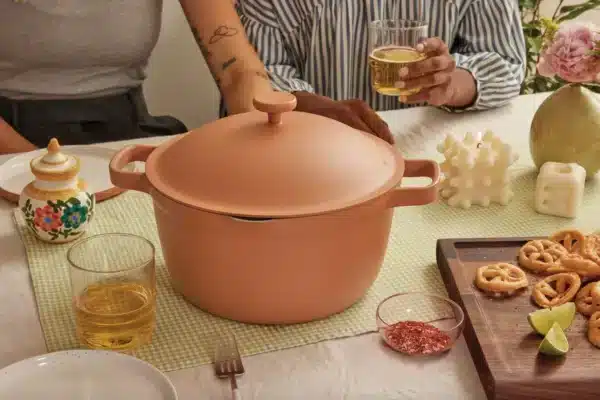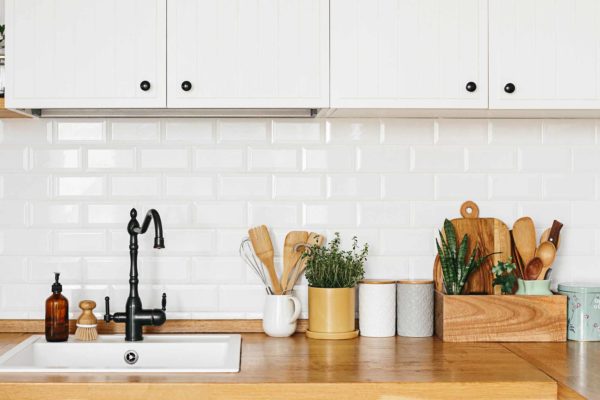It’s no secret that we need to end our love affair with single-use plastic: it’s polluting the environment, killing the oceans and contaminating the food chain.
Plastic Free July is a great way to kick-start change, helping people become aware of wasteful behaviour. The Australian organisation behind the challenge aims ‘to build a global movement that dramatically reduces plastic use and improves recycling, worldwide’.
Since 2011 it’s created a global community across 150 countries, with millions of people taking part to raise awareness and reduce their plastic consumption.
The movement is clearly succeeding as companies like Woolworths are banning the plastic bag this month!
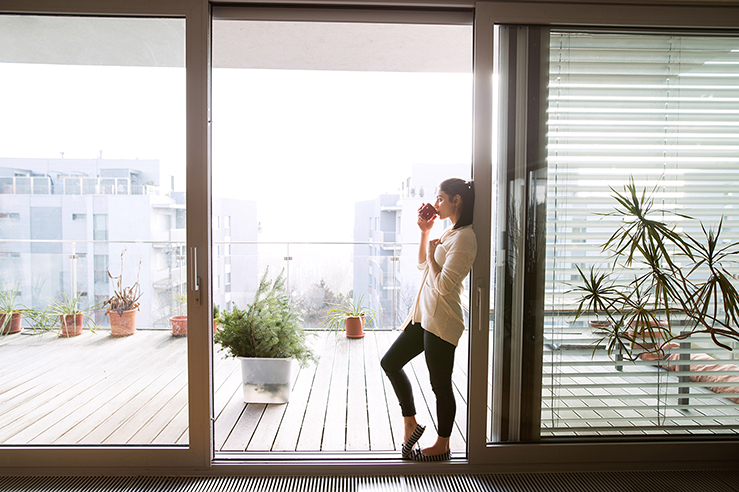
“By encouraging people to be more aware of their plastic use, we can create a cleaner world for generations to come.” - Plastic Free July, 2018
A Keep-Cup is not enough
Everyone is at his or her own stage of behaviour change and for those that have just begun, it can seem really daunting. I’m at my own weird phase of single-use plastic reduction. I’ve cut out the obvious but keep slipping up on the less obvious.
The truth is, I’m lazy.
What I realised this year though, is that going plastic-free is still do-able as a lazy person. There are multiple ways to change that are beneficial for the environment and your wallet, without compromising a chunk of time and effort.
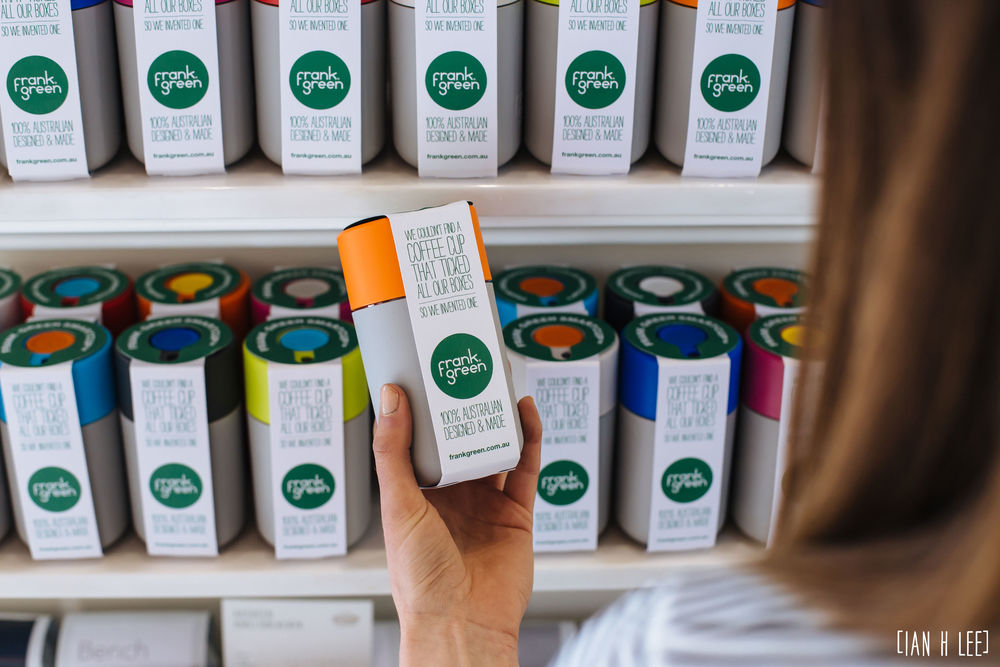
Image via Ian H Lee Photography
Step 1: Change the basics
- Take a quick scan of your house and work out how much disposable plastic you use but DON’T go through and starting throwing everything that’s plastic out…that’s not beneficial
- Give up the coffee cups that fill up landfill, get a reusable cup (I’d highly recommend Frank Green)
- Keep a reusable bag draw at home / keep one with you
- Stop buying water bottles at a ridiculous price, if anything – do it for the money
- Stop sucking, straws are completely unnecessary & make turtles cry
- Avoid food packaging by shopping at local markets, bulk stores or supermarkets with loose fruit & veg (Harris Farm is great!)
- Take a fork in your bag, single-use cutlery is sh*t anyway
- Ditch cling wrap, just use old takeaway containers or a tea towel for leftovers
- Use a bamboo toothbrush (most chemists sell them now), it can go straight into the ground after it’s done!
- Use hot water & baking soda (or white vinegar) to clean with, it works better than chemicals in plastic
- Buy a wooden scrubber or decent cloth to avoid buying those stupid blue disposable cloths, it’s cheaper in the long run
- Use old jars for everything – storage, as a coffee cup…the list is endless & the hipster jar will never die
- Use shampoo / conditioner bars from Lush
- Avoid packaged meat, it’s expensive anyway
- Buy tea leaves instead of bags, I refused for so long but I was wrong as it tastes so much better
- Get rid of paper towels, cotton buds, tissues – they are all stupid & useless
- Buy second-hand items = less packaging
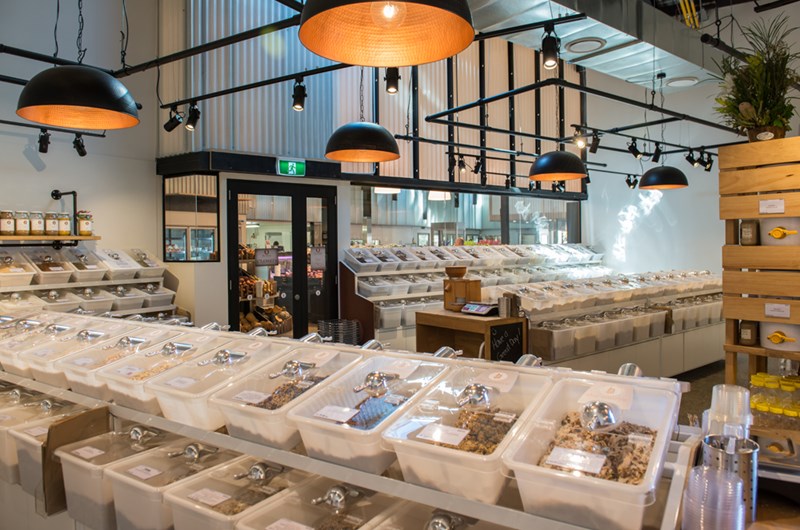
The Source Bulk Foods
Step 2: Share the experience with others
- Keep & reuse takeaway containers, great lunch boxes
- Bring your own food containers to the supermarket deli counter / takeaway shop, staff are pretty used to it by now
- Tell people about what you’re doing!
- Attend a plastic-free event, just Google it (there’s nothing else to do in winter to be honest)
- Watch a plastic doco – Blue or A Plastic Ocean
- Convince your colleagues to bring mugs down to get coffee for the month
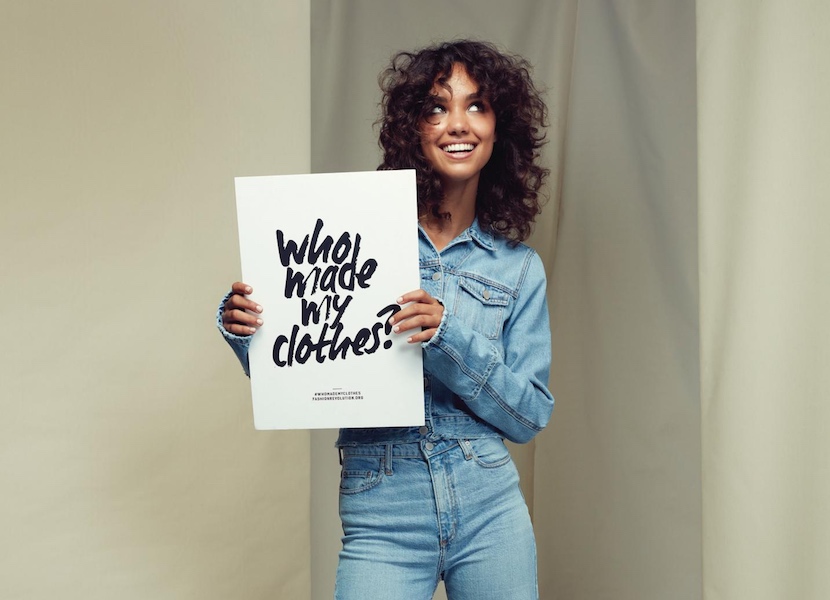
David Jones x Fashion Revolution
Step 3: Consider your clothing
- Only buy clothing made from natural fibers as plastic clothing is polluting the ocean via washing machines
- Wash your clothes less – (hang them out a window to air, ultimate lazy person move)
- Bulk wash your clothes – also saves money as less electricity used
- If you need to buy clothing, buy from companies that are aiming to reduce the plastic problem like Patagonia
- Buy less
- Refuse a bag from your purchases
- If buying online, feedback if the packaging is excessive or purchase from marketplaces like Well Made Clothes
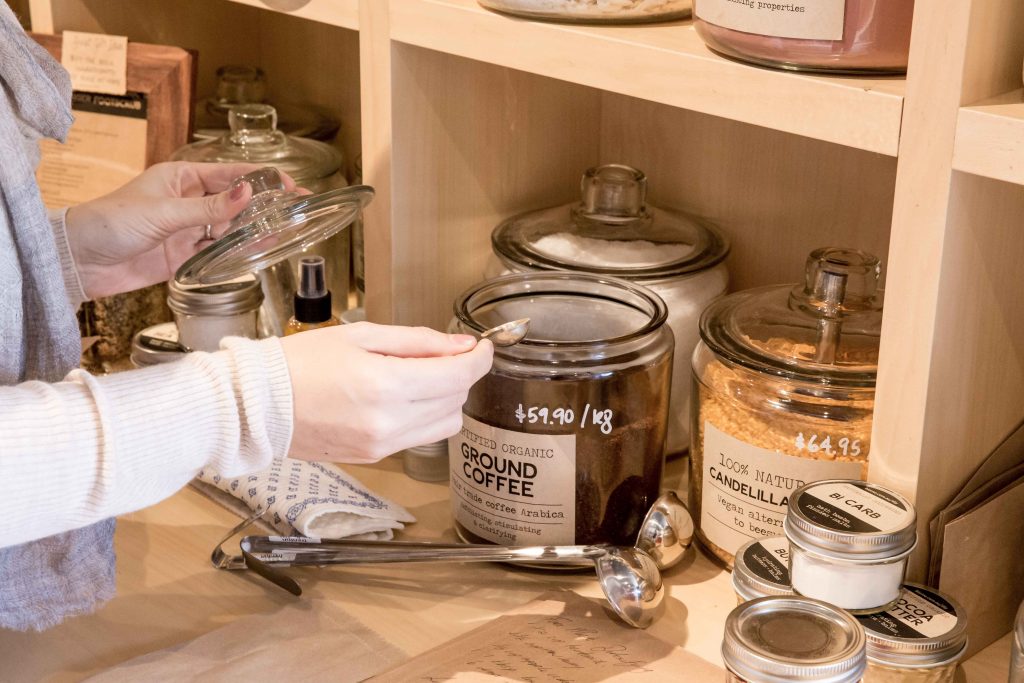
Biome’s DIY beauty bar
Step 4: Take it further, save the whales
- Biodegradable packaging isn’t necessarily better, don’t fall for the trap of a plastic bag that has the words ‘eco’ on it
- Go for a walk (especially if you’re near a beach) & take 3 pieces of litter home with you to avoid it ending up in the sea
- Make your own plastic-free deodorant, I use coconut oil mixed with 5 drops of tea tree oil – works a treat
- Change your beauty products – if you need to buy a product, aim for one less plastic-covered try Biome’s DIY beauty bar
- Consider investing in your period – there’s multiple options but as a lazy person I’m still just buying organic cotton tampons that have less plastic packaging, there are period pants & reusable pads
- Email your local council to let them know you want them to care about the plastic problem, it takes 2 minutes & requires little effort
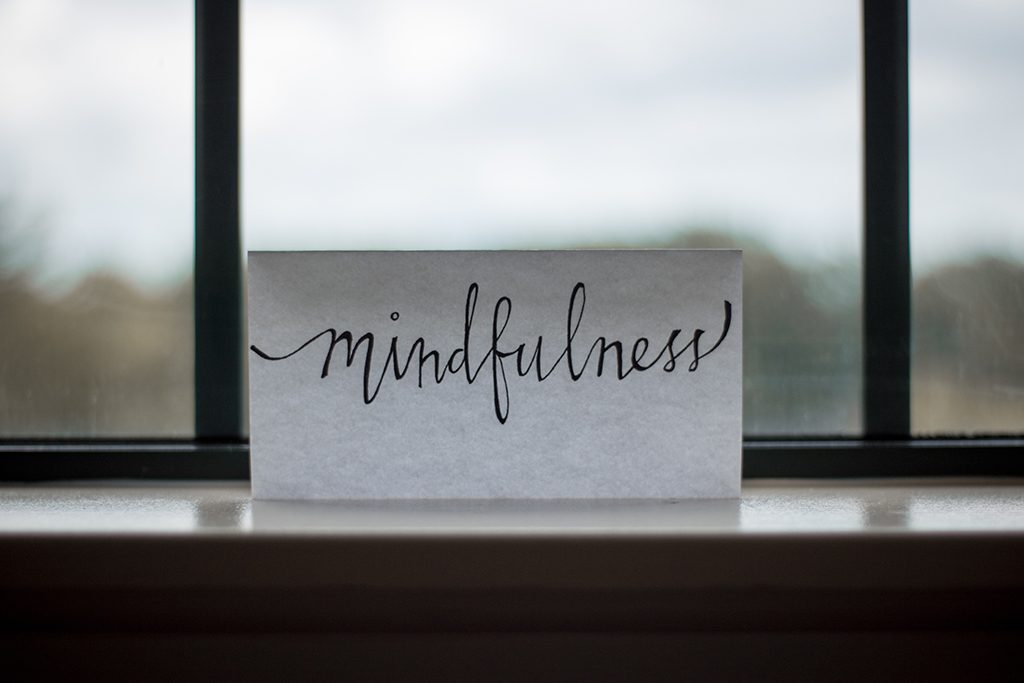
Image via Unsplash
Step 5: Reflection
Instead of getting back on the plastic bandwagon, hopefully your eyes will be opened to plastic waste and some changes will be permanent. Take a second to consider wins and any fails, don’t feel bad for slip-ups. If it takes longer than a month to tick some of the above off the list, don’t give up. Take a nap on the floor and keep going!
